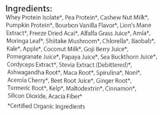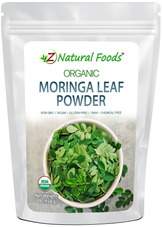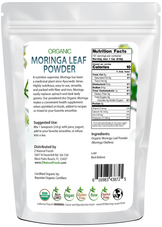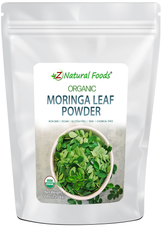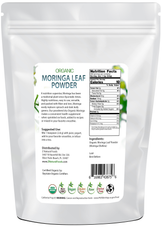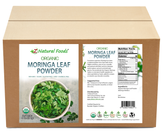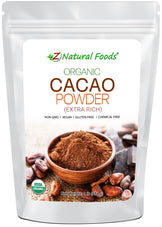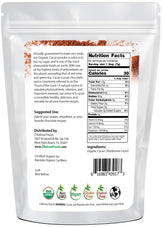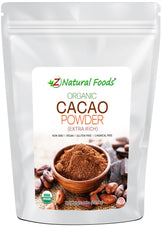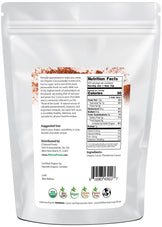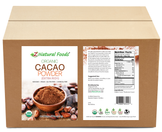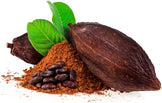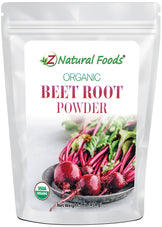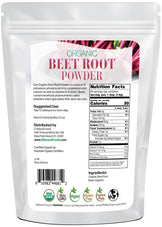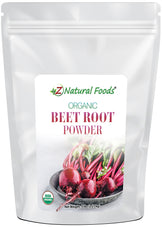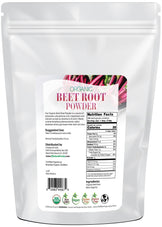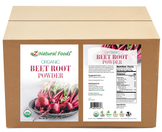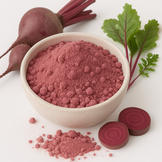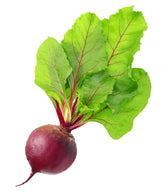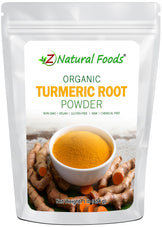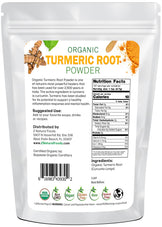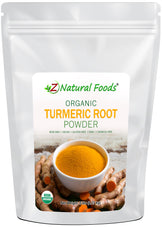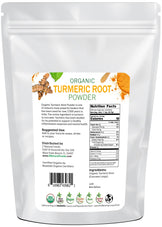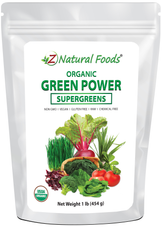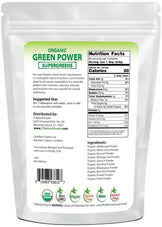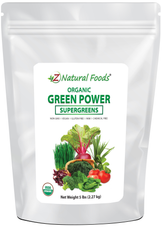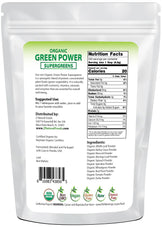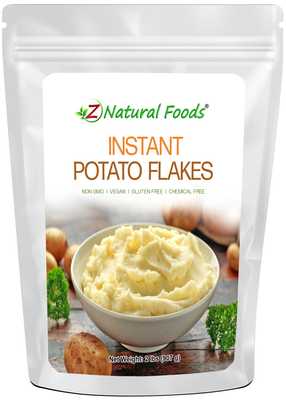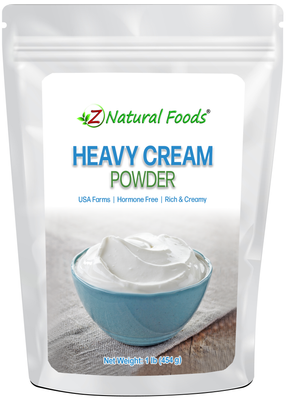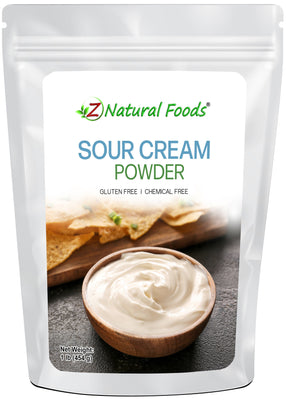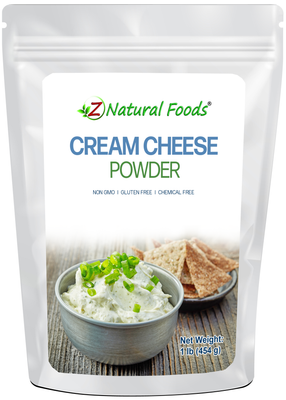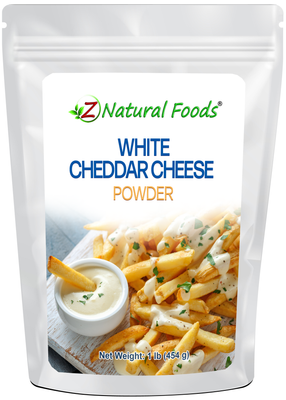Hi everyone, Mike Stuchiner, Master Herbalist, here with Z Natural Foods. Before we get started on today's video, I need to give you our medical disclaimer. The information you are about to receive is for entertainment and educational purposes only. It is not intended to treat, prescribe, or diagnose any specific or general medical condition and should not be used as a substitute for your primary healthcare provider's diagnosis, treatment plan, or medical information. With that said, if you want more information about me, you can also check out my YouTube channel, "A Master Herbalist's Perspective." But for now, let's move on to today's video.
Today, we're going to answer the question, "What does undenatured protein mean?" Well, to correctly answer this question, it's vital to understand what is first meant by denatured protein. Denatured protein is the alteration in the folding patterns of protein by heat or chemical reaction from its original formation. Protein function depends on its structure and shape, and heat causes proteins to vibrate and weaken the bonds that hold their complex shape. When a protein has become denatured, it is no longer considered functional in the same elaborate manner. In simple terms, undenatured proteins are pure, properly functioning proteins without any structural deformation, intact with all bioavailable nutrients and constituents. It is essential to note that we don't tend to use the term "unprocessed" to define an undenatured protein because everything goes through some processing to create an end product. For example, whey protein isolate undergoes a precise filtration process that removes lactose and produces an end product yielding a higher amount of protein per serving with fewer fats and carbohydrates. Because no chemicals and heat were used in this process, the protein bonds were not weakened, so whey protein isolate, in this case, is considered an undenatured protein.
Is undenatured protein good for you? When you look at an undenatured protein from a bird's eye view, it's easy to say that any undenatured protein will be better for you than one that has been denatured. But here at Z Natural Foods, we believe there is more to this question than what meets the eye, and it depends on many other factors. Yes, undenatured protein is the purest form, containing all bioactive compounds as nature intended. Undenatured whey protein has a wide range of components like beta-lactoglobulin, alpha-lactalbumin, immunoglobulins, and lactoferrins. This is generally a much better choice, again from a bird's eye view, for all intended purposes. A protein that has become denatured, so through cooking with heat or some other process, is not necessarily bad because, in reality, we eat these forms of protein all the time. For example, a hard-boiled egg is considered a form of denatured protein. The heat used to make a hard-boiled egg changed its structural integrity, but it still has excellent nutritional value and all the amino acids to create a complete protein.
Another example is when we cook meat on the grill or microwave our food. These are both considered forms of heat cooking processes that change the protein's structural integrity, yet it does not change the value of being a complete protein. Athletes worldwide who prepare meals ahead of time will often use microwaves to reheat the food. I have a question for you: Do any of those athletes look like they're malnourished or lacking quality protein? I don't think so.
What happens when whey protein is denatured? When whey protein becomes denatured, it tends to lose nutrients and compounds that make undenatured whey protein a fantastic food. But understand that undenatured whey is much more than just a protein. It is highly nourishing and provides the body with essential compounds to support and restore well-being. Proteins are complex three-dimensional structures built out of amino acids. The primary cause of why whey protein becomes denatured again is exposure to heat or chemicals that create an unstable protein structure through a process known as unfolding.
There are various degrees of process, and your body naturally unfolds proteins through the natural digestive process. As discussed in the questions above, denatured protein is not exactly useless. Some products are actually purposely denatured to create a faster-absorbing form of protein, like what is known as partially denatured hydrolyzed whey protein.
When should I take my proteins? Well, there are various theories on this topic, and the answer to this question is quite convoluted and depends on several factors. The first is the form of whey or other milk-based proteins being used. For example, whey isolate, whey concentrate, hydrolyzed whey, or just straight casein. The next is your intended goal, muscle gain, weight loss, blood sugar control, or supporting a healthy immune system response. Whey protein isolate is your choice if you want to help with muscle recovery post-workout because it's an isolated form of protein, which yields a higher amount of protein, allowing for faster absorption. While there are mixed opinions on how quickly one should ingest whey protein or any kind of protein post-workout, consuming it within one hour is usually optimum. Adding a carbohydrate source to your shake to replenish glycogen is also advisable if you are someone who is intaking carbohydrates. If you're creating a post-workout drink, then using a high molecular weight carbohydrate with hydrolyzed whey protein will provide the glycogen and amino acids needed for recovery. To support recovery when you're asleep, drinking whey concentrate or casein is a good choice as these will act as a slower, more time-released source to provide the body with the essential nutrients throughout the night. Because you're getting so many essential nutrients and compounds, high-quality protein, and it is also a source of great fat, whey protein concentrate is ideal for supporting a healthy immune system response and recovery.
So, guys, I hope that this answered some very simple questions about proteins that are considered denatured versus undenatured and so on and so forth. Mike Stuchiner, Master Herbalist with Z Natural Foods. See you next time!













